Better Businessing 2/3
This is my 2nd of 3 installments on running a ‘good’, responsible business building towards sustainability and circularity. The 1st installment focused on product. This installment is about how the company functions, who calls the shots, etc., which is just as important as making the product, and actually how decisions are made is probably higher in order of priority. The leadership act of requesting and approving the creation and production of responsible product is the most effective way to get it done- it can be done other ways, but usually they take more time, more resources and are more painful.
COMPANY DYNAMICS
Top Down Support
The most effective way to make progress towards sustainability or circular economy readiness is for senior leadership to publicly support these goals and projects and throw weight (money) behind them. They need to voice their support in large meetings, in company emails, on social media, and with their customers. Sustainability/circular economy needs to become an expectation from the top and, crucially, it needs to be built into the goals and strategies of all teams. If a CEO is telling their company that they support becoming “more sustainable”, but have not allotted budget or given a mandate to their c-suite , it will likely go nowhere. Words, actions and money have to be aligned and allotted.
Recommendations:
Every team should have goals and priorities related to whatever sustainability or circular economy initiatives the company is pursuing. Every team should feel responsible to make those goals a reality.
If you are running a company, have the power to make big decisions and believe in creating sustainable/circular products, give yourself a pep talk in the mirror and go wield your power and influence. You are in an incredible position to create real change. Get on board and become known for caring about and asking about sustainability/circularity projects. Bring it up in big meetings, small meetings and make sure your direct reports know that you want and expect them to make real progress and keep you in the loop.
Private Companies
Companies that have not gone public have more freedom to make sustainable choices, choices that do not revolve solely around the amount of profit they make. Leadership teams in private companies are not held to the same mandates as leadership teams in public companies, and they should exercise that freedom by prioritizing choices that serve their customers, their employees, and their supply chains. Profit is important, but not at the expense of nature and human beings.
I was able to witness and experience this first hand working for EILEEN FISHER, Inc and Eileen Fisher herself. Eileen owns the majority of her company, and she sold the minority to her employees. Eileen and her leadership team are able to decide how far they want to take sustainability, circular economy and general good business practices. In my experiences with her, Eileen never wanted to make money just to make money, she wanted to do the right thing and make sure that the company was financially sound. The perspective shift there is huge. Of course businesses need to make money to survive, to employ their staffs and indirectly employ their supply chains, but what is all the rest of the profit for and about? Money for shareholders? Unless your employees are your shareholders (as they are at EILEEN FISHER Inc), I’m not convinced this is a good model.
Recommendation: don’t go public.
Innovation as Driver
Put money away for innovation and tie innovation projects to your strategy and north star goals. Innovation is fun and challenging work. It is a process of discovery and experimentation (the fun part) and integration into existing systems (the challenging part)- all well worth it to build a resilient and future-facing business.
An additional benefit of being a private company is the ability to fund certain teams and goals that aren’t linearly tied to profit, including innovation. (This can be tied to future profit, but likely isn’t going to generate income quickly and some ideas will fail.) Much of the painfully slow decision-making around circular economy and sustainability projects comes from endless budget conversations of who can find the money, who can house the project.
Recommendations:
Give innovation room to breathe; give new projects and ideas some space away from the normal functions of the business. For example, don’t put a revenue goal on a new project for a considerable amount of time. For the 6 years that I managed EILEEN FISHER Renew, it was kept at arms length from the company. It was still tied into key leadership and functions as needed, but it was allowed to live fairly autonomously and without a lot of scrutiny (it was the best!). This autonomy was crucial to be able to test different solutions to a big problem (textile waste).
In my experience, many employees want to be involved in innovation projects. Use innovation work as a way to get employees excited and grow people in their roles.
Marketing
Marketing can make or break any sustainability/circular economy project or progress. The amount of time I have spent internally as an employee and externally as a consultant trying to convince marketing teams to talk about their own company’s sustainability/circular economy efforts and achievement is absurd. In many cases, the marketing team holds a magic set of keys that the entire company kind of revolves around. People pay attention to what a company talks about publicly- i.e. marketing- and if a project or achievement is not mentioned outwardly, it stunts that product or project’s success and reverberates negatively internally.
This is specifically true with product launches that are geared toward sustainability or circular economy, like using recycled materials or launching a repair program. The marketing team is usually driven by company-wide sales goals, so they are looking at things like how much revenue any specific email will drive. You can understand why they may not want to dedicate an email to a new recycled fabric or a repair program if they fear it will not make enough money for them to reach their own goals. I was once in a meeting with the Chief Marketing Office and the Chief Financial Officer of a sustainably-minded clothing company who had many products and projects related to sustainability and circularity, although some of those projects were struggling due to lack of marketing support. I was trying to convince the CMO to include circularity messaging in the regular email calendar, and he basically said that each email needs to generate $100k in sales, and he didn’t believe that marketing this new project would do so, so he would not send the email. Unsurprisingly, the CFO did not challenge him. Clearly, neither of them were bought in to the success of these projects that other teams had worked so hard to create; they were only being measured on sales. This is a great example of what happens when a C-suite is not tasked with the success of sustainability/circular economy projects. (It’s also important to remember that there is important brand building and loyalty play with sustainability and circularity- if you consistently show that you are a good company that cares about people and planet, you will earn your customers respect and they will continue to shop with you, but that’s a long-term play, too long for any marketing calendar.)
Recommendation: for any sustainability/circular economy project, get marketing on board at the beginning of the project. Bring them in, get them excited about the project and make sure that their leadership is including the project in their marketing plans for the year. If the marketing team is not part of a project, or is not on board with marketing it, I would be so bold as to suggest cancelling the project. Not to say marketing should have the power to do so, but to underline that without their support, a project that many teams will invest a lot of time on will likely die a slow death from not being promoted. I’ve seen it happen many times at different companies.
Okay, that’s it for my thoughts on company dynamics.
What do you think?
Cynthia

